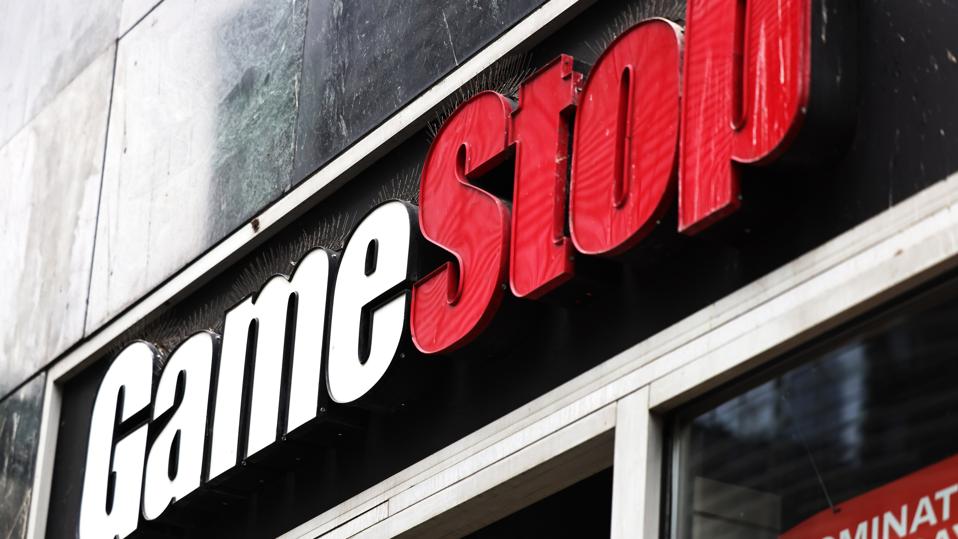
GameStop surprised Wall Street with a net loss of $147.5 million in the fourth quarter of 2021, but the retailer said that’s all part of its transformational game plan.
CEO Matt Furlomg, in a brief conference call to announce the quarterly results, emphasized again that GameStop’s management is playing the long game, rather than aiming for short term profits.
GameStop’s executive team, brought in last year by activist investor and Chewy co-founder Ryan Cohen, who became chairman of the board in April, 2021, are treating GameStop like a startup, with growing top line sales more important, for the time being, than profits.
GameStop topped expectations for revenue, with sales of $2.25 billion, up more than 6 percent over the fourth quarter of 2020. Revenues also were greater than pre-pandemic Q4 2019. But while analysts had forecast earnings of more than 80 cents per share, the company reported a net lost of $1.94 per share, compared to income of $1.18 for the fourth quarter of 2020.
Furlong noted that supply chain issues and the omicron variant hurt earnings during the holiday season, but said the company “made the conscious decision to lean in and absorb higher costs in order to meet customer demands.”
“We felt, and continue to feel, that investing in our customers and rebuilding brand loyalty right now is in the company’s best interest over the long term,” he said.
GameStop’s stock fell by more than 9% in after hours trading immediately after the earnings announcement. It was down 7% at 7 p.m.
GameStop’s stock typically drops the day after earnings are reported. An analysis posted on Motley Fool Wednesday showed that the stock has fallen the day after the earnings release in 11 out of the past 13 quarters, with an average decline of 13.8%.
Furlong’s 10-minute presentation was his longest, and most informative, earnings discussion since he became CEO in June, 2021.
He outlined a number of reasons to be bullish about the company, including:
- Plans to launch GameStop’s NFT marketplace by the end of the second quarter of this year, a move that positions GameStop to tap into the $40 billion market for NFTs.
- New fulfillment centers in Pennsylvania and Nevada are enabling faster shipping
- A 32% increase in the company’s PowerUp reward program membership, year-over-year, with approximately 5,8 million total members.
- New brand partnerships with gaming companies
- A new app with enhanced user interface, and more ability to support exclusive offers and promotions.
“It is important to stress that GameStop had become such a cyclical business, and so capital-starved, that we have had to rebuild it from within,” Furlong said.
The new team’s first year running the company “was about starting to turn GameStop into a customer obsessed technology company” with wider offerings, more competitive pricing, faster shipping, stronger customer service and an easier shopping experience, Furlong said.
The strategy going forward, he said, will be to “embrace rather than run from the new frontiers of gaming.”
“We have learned from the mistakes of the past decade when GameStop failed to adapt to the future of gaming,” he said.
Wall Street skeptics say the future of gaming is that there will no longer be a need for stores like GameStop.
Ryan Cohen and his team are making a different bet, one that says gamers can be some of the most fanatical consumers in the metaverse. They are betting that there will always be an opportunity for a smart retailer to make a lot of money selling things to gamers, both physical goods like consoles and collectibles, as well as whatever the digital future holds.







